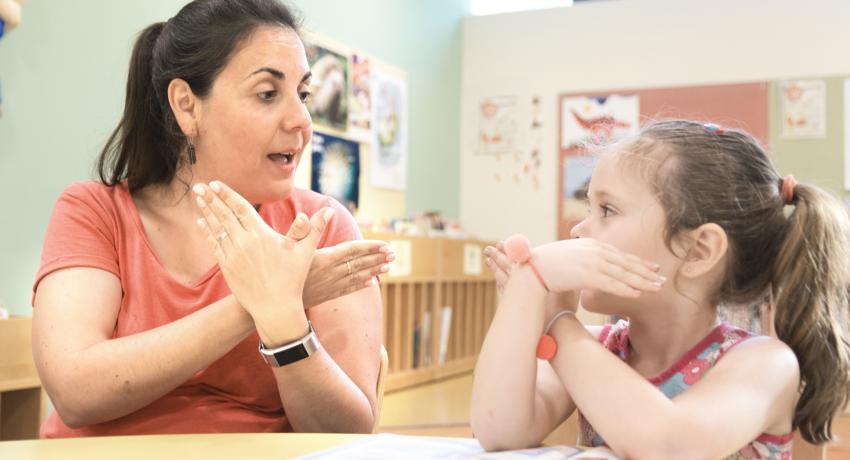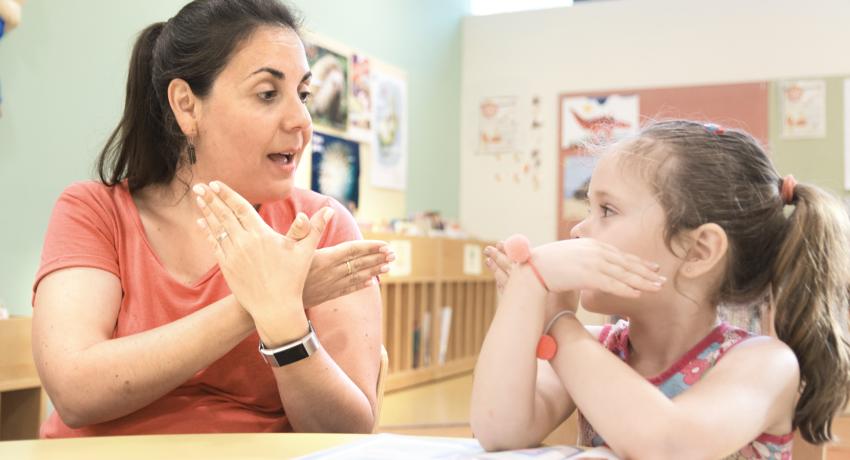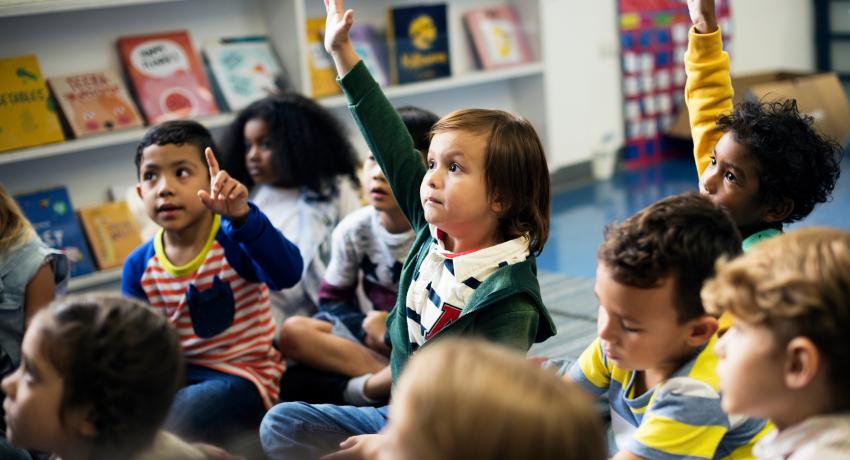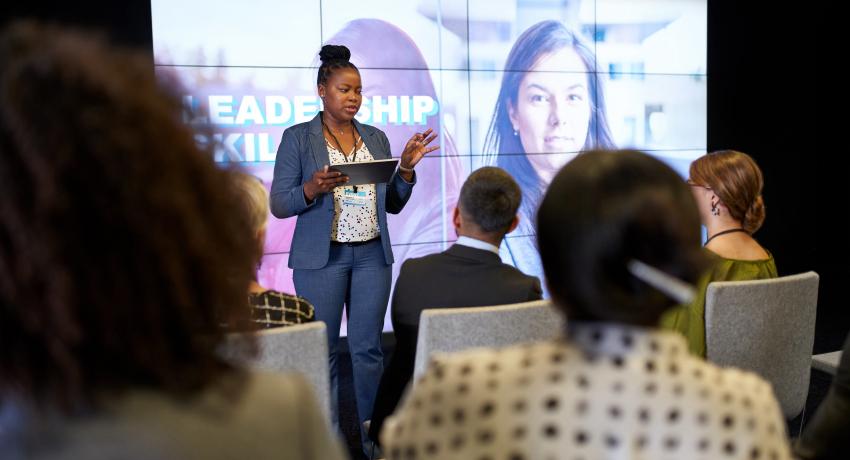DCYF, CCA of WA Presents Child Care Business Supports Webinar
Are you a child care provider that would like to learn more about the business side of child care? DCYF and Child Care Aware of WA are excited to partner and offer a webinar focused on the supports and resources available to Early Achievers participants. This webinar aims to help providers grow and strengthen their child care business, and will focus on:










